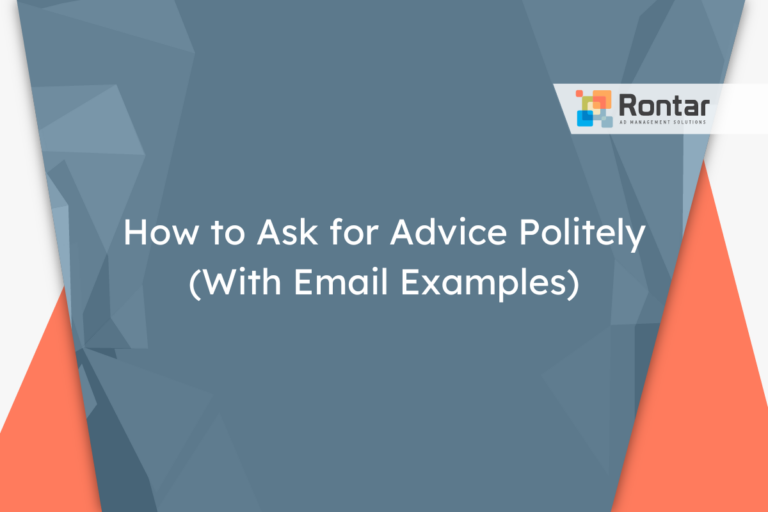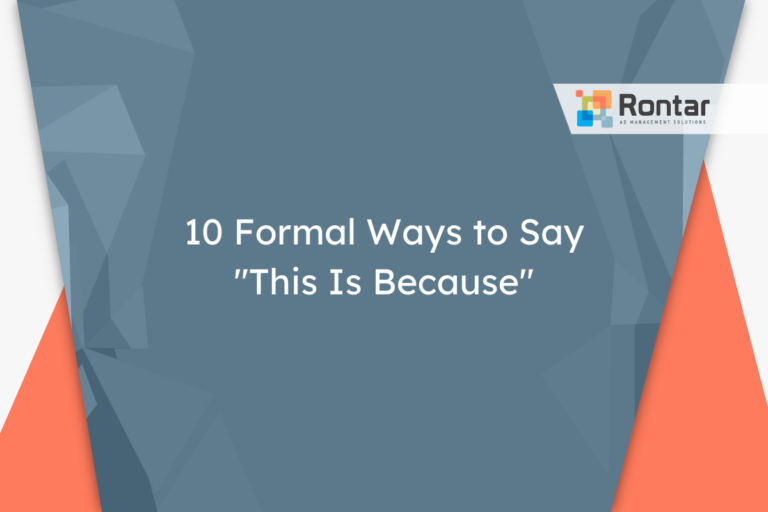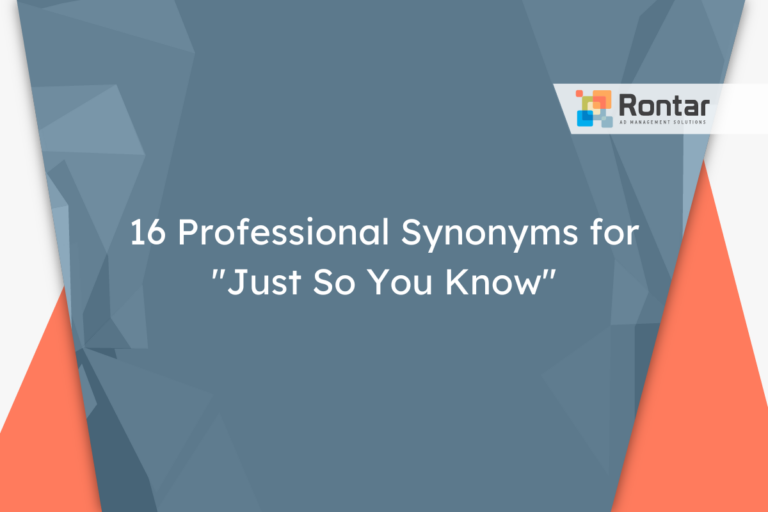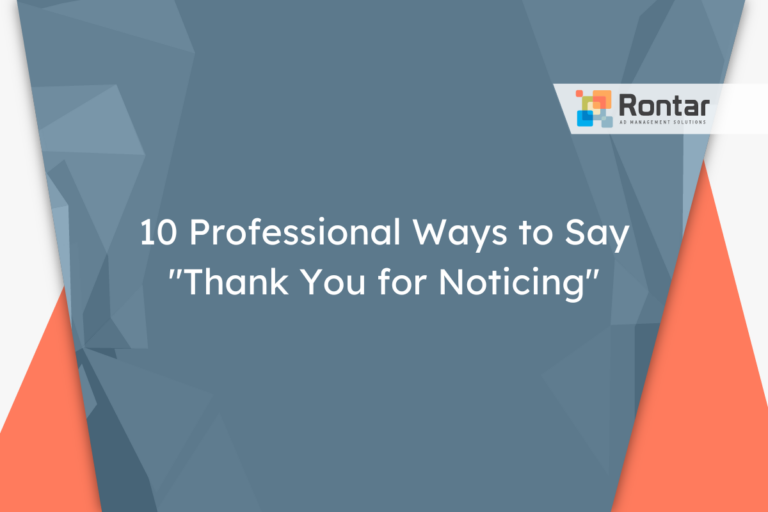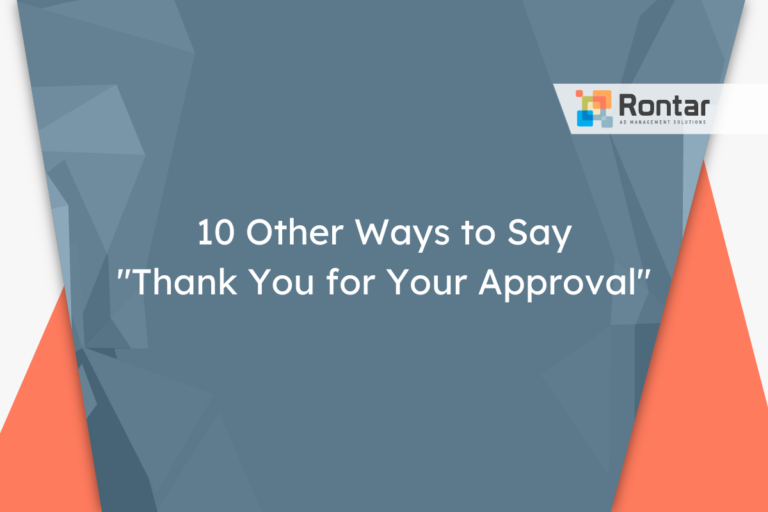10 Other Ways to Say “I Hope You Enjoyed” in an Email
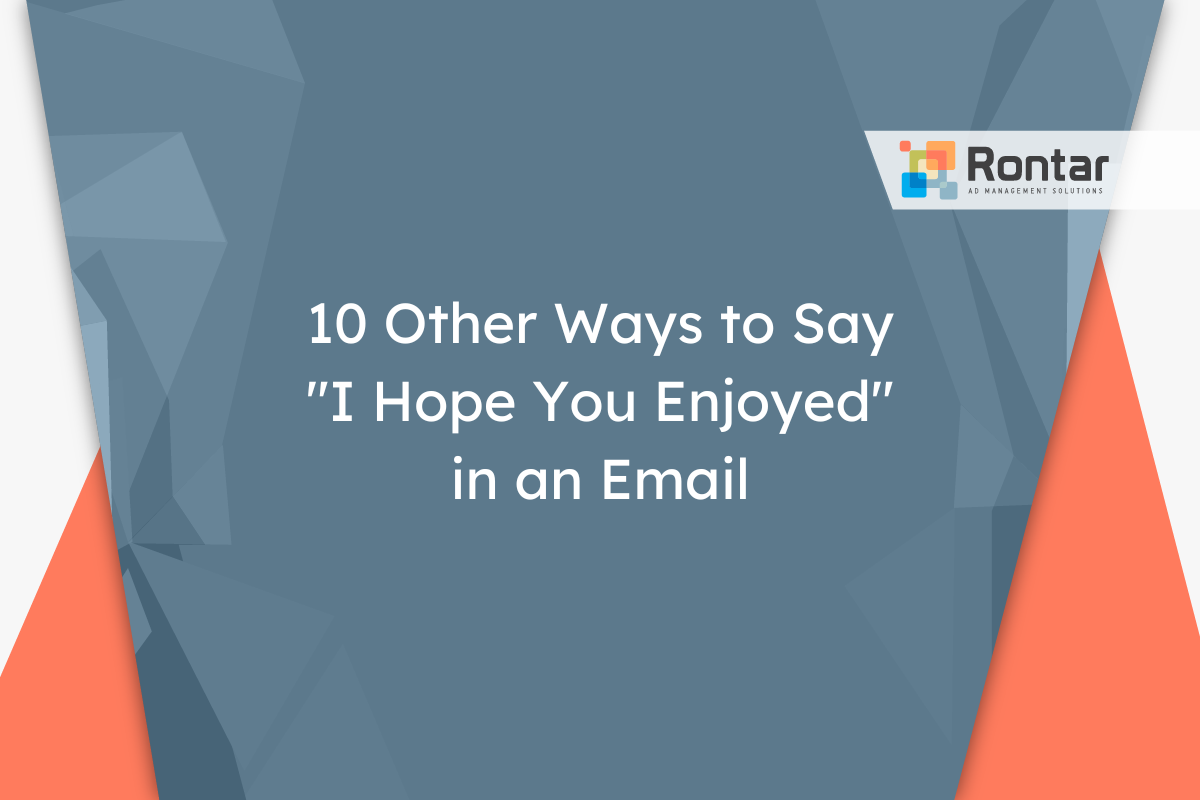
When writing emails, especially after an event or presentation, it’s common to wish the recipient enjoyed it. However, constantly using the phrase “I hope you enjoyed” can become repetitive and lose its impact.
This article introduces ten alternative phrases that can add variety and specificity to your emails. Each alternative is explored in detail, including when and how to use it effectively.
Is It Professional to Say “I Hope You Enjoyed”?
Using the phrase “I hope you enjoyed” is in most cases considered professional, formal or informal depending on the context, and it is undeniably polite. This versatility makes it a good choice for many different situations. Typically, you would use this phrase when you want to express hope that the recipient found value or satisfaction in something you provided, such as a product, service, or event. It’s especially useful in follow-up emails after a meeting, event, or completion of a project.
Here is an example of how to use “I hope you enjoyed” in an email:
Dear Sarah, Thank you for attending our webinar on digital marketing strategies. I hope you enjoyed the session and found the insights useful for your business. Should you have any questions or need further information, please feel free to reach out. Best wishes, Emily Carter
There are pros and cons to using this phrase:
Pros:
- Shows concern for the recipient’s experience.
- Makes emails feel more personalized.
- Can help build a positive relationship with the recipient.
Cons:
- May seem too casual in very formal contexts.
- Could be perceived as insincere if overused.
- Not always specific enough to convey the desired message.
While “I hope you enjoyed” is a useful phrase, you might want to find an alternative at times. Using synonyms or other phrases can help avoid repetition, making your communication sound more engaging and attentive. Seeking alternatives can also allow you to tailor your message more closely to the specific situation or the formality level of your relationship with the recipient. Remember, finding the right way to express your thoughts is important in maintaining the effectiveness and appropriateness of your communication.
10 Other Ways to Say “I Hope You Enjoyed” in an Email
When you want to express your hopes that someone had a good time or found something beneficial, here are ten common alternatives to “I hope you enjoyed”:
- I trust you found it beneficial
- Hope it was up to your expectations
- I hope it met your expectations
- Trusting you had a great time
- Wishing it was everything you hoped for
- Hope you had a fulfilling experience
- Looking forward to hearing your thoughts
- Hope it brought you joy
- Wishing you cherished the moments
- Hope you found it insightful
1. I trust you found it beneficial
This alternative adds a bit more professional tone compared to the original phrase. It implies not just enjoyment but also value and benefit derived from the experience. This is particularly effective in a formal email setting where the aim is to emphasize the practical advantages or education gained from an event, presentation, or piece of information.
This phrase is better suited for situations where you want to underline the utility or learning aspect of what was provided, making it perfect for educational seminars, workshops, or professional training sessions.
Dear Marcus, Thank you for attending the recent financial planning seminar. I trust you found it beneficial and that the strategies discussed will support your financial goals. Best regards, Sophia
2. Hope it was up to your expectations
This version is slightly more informal and personal. It directly addresses the recipient’s expectations, acknowledging that they had a certain level of anticipation for the event or experience. It’s a considerate and polite choice that gently probes for feedback without assuming too much.
When you’re following up after an event or presentation and you’re specifically interested in whether it lived up to what was promised or anticipated, this is the right choice. It’s ideal for gathering feedback in a respectful manner.
Dear Lila, Thank you for joining our virtual cooking class. Hope it was up to your expectations and you now feel more confident in your cooking skills. Warmly, Chef Anna
3. I hope it met your expectations
Twin to the previous, yet it brings a touch more formality to the message. Using “I hope” personalizes the message slightly, making it feel like a more direct communication from sender to receiver. This is still polite and shows concern for the recipient’s satisfaction with the experience.
This sentence is especially suited for instances where there was a clear set of expectations laid out beforehand, such as a course or service agreement. It reaffirms your commitment to meeting those expectations.
Dear Trevor, Thank you for trying out our new meal kit delivery service. I hope it met your expectations and you enjoyed the flavors we curated for you. Sincerely, Ellie
4. Trusting you had a great time
This one swaps the focus slightly from enjoyment derived from content to enjoyment derived from the experience as a whole. It’s a more informal and friendly way to express hope that the recipient had a good time. It’s polite and light-hearted, appropriate for less formal interactions.
It’s particularly well-suited for events where enjoyment is the main goal, such as company retreats, parties, or casual get-togethers. This phrase ensures the message remains light and positive.
Dear Alex, Thank you for being part of our annual company picnic. Trusting you had a great time and enjoyed the activities we arranged. Cheers, Jordan
5. Wishing it was everything you hoped for
This alternative leans into the emotional and aspirational side, suggesting a hope that the event or experience matched up with the recipient’s dreams or desires. It’s informal and carries a touch of warmth and personal care. It subtly acknowledges that the recipient had personal hopes riding on this experience.
Suitable for personal invitations or events where the recipient had been looking forward to something specific, such as a special holiday event or an anticipated product launch. It’s a thoughtful way to connect on a personal level.
Dear Jamie, Thank you for booking your holiday trip with us. Wishing it was everything you hoped for and more, filled with unforgettable memories. Warmest regards, Cynthia
6. Hope you had a fulfilling experience
This phrase emphasizes the depth and completeness of the experience, suggesting not just enjoyment but a meaningful or rewarding outcome. It strikes a balance between formal and informal, making it versatile for various types of emails. It’s a great way to show that you care about the quality and impact of the experience provided.
It’s ideal for situations where there was an opportunity for personal or professional growth, like a workshop, a retreat, or a challenging project.
Dear Simone, Thank you for participating in our leadership workshop. Hope you had a fulfilling experience and took away valuable skills for your career. Best, Liam
7. Looking forward to hearing your thoughts
This alternative shifts the focus from hoping they enjoyed to actively seeking their feedback. It’s more professional, setting the stage for further dialogue and indicating genuine interest in the recipient’s opinion. It’s a smart inclusion in messages where feedback is desired, as it encourages a response.
Perfect for after business meetings, conferences, or any scenario where constructive feedback could be valuable. It invites the recipient to share their thoughts in an open and welcome manner.
Dear Clara, Thank you for attending our software demo yesterday. Looking forward to hearing your thoughts on how it could fit into your workflow. Regards, Ted
8. Hope it brought you joy
This wording adds a more personal touch, focusing on the emotional aspect of joy. It’s an informal and warm way to express hope that the recipient found happiness in what was offered. This choice is less about utility and more about the feel-good factor of the experience.
When the main intention of your email is to connect on a human level, particularly after events or offers designed for pleasure or entertainment, this phrase shines.
Dear Ella, Thank you for adopting a pet from our shelter. Hope it brought you joy to welcome your new furry friend into your home. Warm wishes, Kate
9. Wishing you cherished the moments
This choice frames the experience as a collection of moments to be cherished, injecting a sense of nostalgia and warmth. It’s more informal and tender, ideal for messages after events that are ripe for creating lasting memories, like weddings or milestone celebrations.
Use this when you want to evoke a sense of reflection on the special moments experienced during an event or period, suggesting they were worthy of holding dear.
Dear Ryan, Thank you for joining us for our 25th-anniversary celebration. Wishing you cherished the moments we shared together during the event. With gratitude, Mia
10. Hope you found it insightful
By focusing on the insights gained, this alternative leans more towards the intellectual or educational side of the experience. It’s professional and assumes that the event or material provided was engaging at a cognitive level. This phrase is perfect for scenarios where the primary objective is to inform, educate, or provoke thought.
Especially suited for academic, research, or professional development contexts where the goal is to leave the recipient with new knowledge or perspectives.
Dear Tom, Thank you for subscribing to our monthly industry analysis reports. Hope you found it insightful and it helps in strategizing your business moves. Kind regards, Nina
Final Thoughts
Choosing the right words for your emails can make a big difference in how your message is received. The ten alternatives to “I hope you enjoyed” we’ve discussed offer you a variety of ways to express your sentiments. They can help make your emails more specific, thoughtful, and engaging. Whether you’re seeking feedback, hoping to evoke joy, or aiming for a professional tone, there’s an alternative that suits your needs.
Remember, the goal is to connect with your recipients in a meaningful way. Don’t be afraid to mix it up and try different phrases to see what works best for you and your audience.


